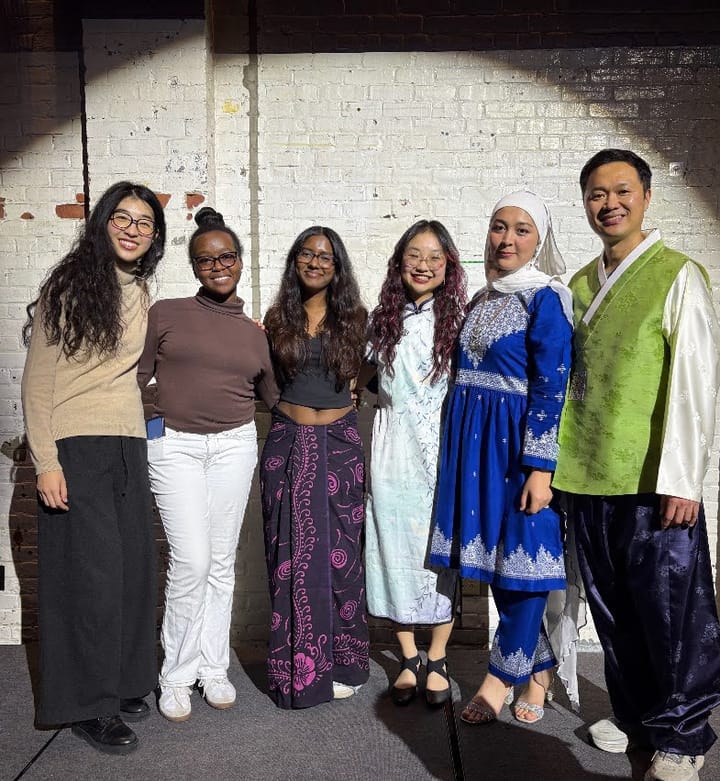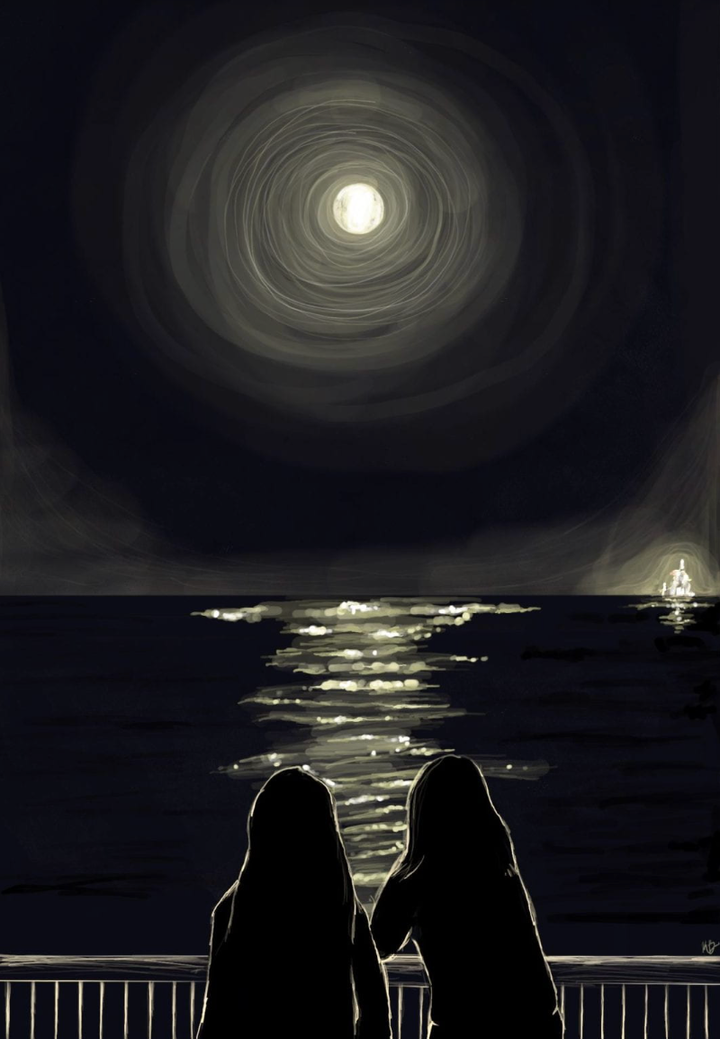Kang’s “The Vegetarian” Offers a Cerebral Take On Autonomy

Warning: This article contains references to sexual assault and mental illness. This book review is also NOT spoiler free.
The only word that immediately comes to mind when I think about describing “The Vegetarian” is strange. At a mere 192 pages, it is not long, nor is it particularly difficult to read. Han Kang’s cerebral work is nowhere near as difficult to read as the coursework in upper-level philosophy courses might be. Yet, at the same time, I wouldn’t describe “The Vegetarian” as a light read, either.
Han Kang’s novel is about a woman named Yeong-hye who decides to become a vegetarian after a series of horrible, graphic and disturbing dreams. Her family is utterly against this decision, and they do everything in their power to make her eat meat again. However, the story goes much deeper than that. The novel is truly about how Yeong-hye’s family believes they have control over her and how she proves them completely wrong, effectively taking her life into her own hands for the first time in her life.
Despite the outlandish things that Yeong-hye does, especially towards the end of the novel, I found myself ultimately rooting for her as hard as I could. I wanted Yeong-hye to achieve her ultimate goal, which was — spoiler alert — becoming a tree. While everyone else in the novel believed Yeong-hye was crazy, I found the people so ardently trying to change her to be the crazy ones. In fact, I had no problems with Yeong-hye. Yes, she had obviously become unhinged, but when the reader looks more closely at the evidence, they can easily see why she changed so much.
I found the supporting characters to be this evidence. Yeong-hye’s husband, in so many words, states to the reader that his wife is the plainest, most boring woman he has ever met. I largely got the impression that he loved Yeong-hye’s pliability and how he could do anything he wanted to her. How deplorable can you get?
On the opposite end of the spectrum rests Yeong-hye’s brother-in-law. He is completely in love with Yeong-hye, despite the fact that he is married to her sister. He is an artist by trade, so to express his love and get some work done, he concocts a plan to make an installation that involves painting Yeong-hye and another artist with flowers and having the two have sex. The plan does not fully work, or perhaps it does. In the end, Yeong-hye has sex with her brother-in-law, but before he can reach climax, she tells him to stop. It seemed to me that Yeong-hye wanted the interaction at the beginning, but by the end, I was sure she did not want it. Yeong-hye’s brother-in-law did everything in his power to convince her to have sex with him — it was his plan all along, which makes him just as vile as Yeong-hye’s husband.
Landing directly in the middle is Yeong-hye’s sister, In-hye. In-hye deeply cares for her sister and always wants what she thinks is best for her. But just like the other characters, she does not consider what Yeong-hye wants for herself. While the other characters are clearly the bad guys in the novel, In-hye’s position is far more complicated. Even though In-hye’s wishes go directly against her sister’s, readers get a sense that they come from a place of concern and love, not from a power-seeking or lustful place, as the other characters’ desires do. It is certainly heart-wrenching to read about In-hye’s struggling to come to terms with her sister’s desire to become a tree. In-hye does not understand why Yeong-hye spends most of her time in a handstand, or why she eventually refuses to eat anything at all, vegetable or meat.
Even though the aforementioned characters are, for the most part, deplorable, I found myself wishing that they would get through to Yeong-hye and stop her from slowly but surely killing herself. Yeong-hye’s desire to become a tree is ridiculous. No amount of handstands or starving herself can change the fact that she is a human, not a tree. And yet, I think the reader’s disbelief at her ability is exactly the problem. No one has ever allowed Yeong-hye to be the primary operator of her life. She has never been allowed the agency she deserves. The entire point of the novel then must be to show what happens when someone is never allowed to rule their own life: eventually, they will find a way to do so, even if that means dying.
Overall, Han Kang’s “The Vegetarian” is a cerebral novel that makes its readers think far more than one would expect in less than 200 pages. By the end of the novel, the reader may not be sure whose side they’re on, but they will be sure of Yeong-hye’s determination to live her best life, even if that life is foreign to them.





Comments ()